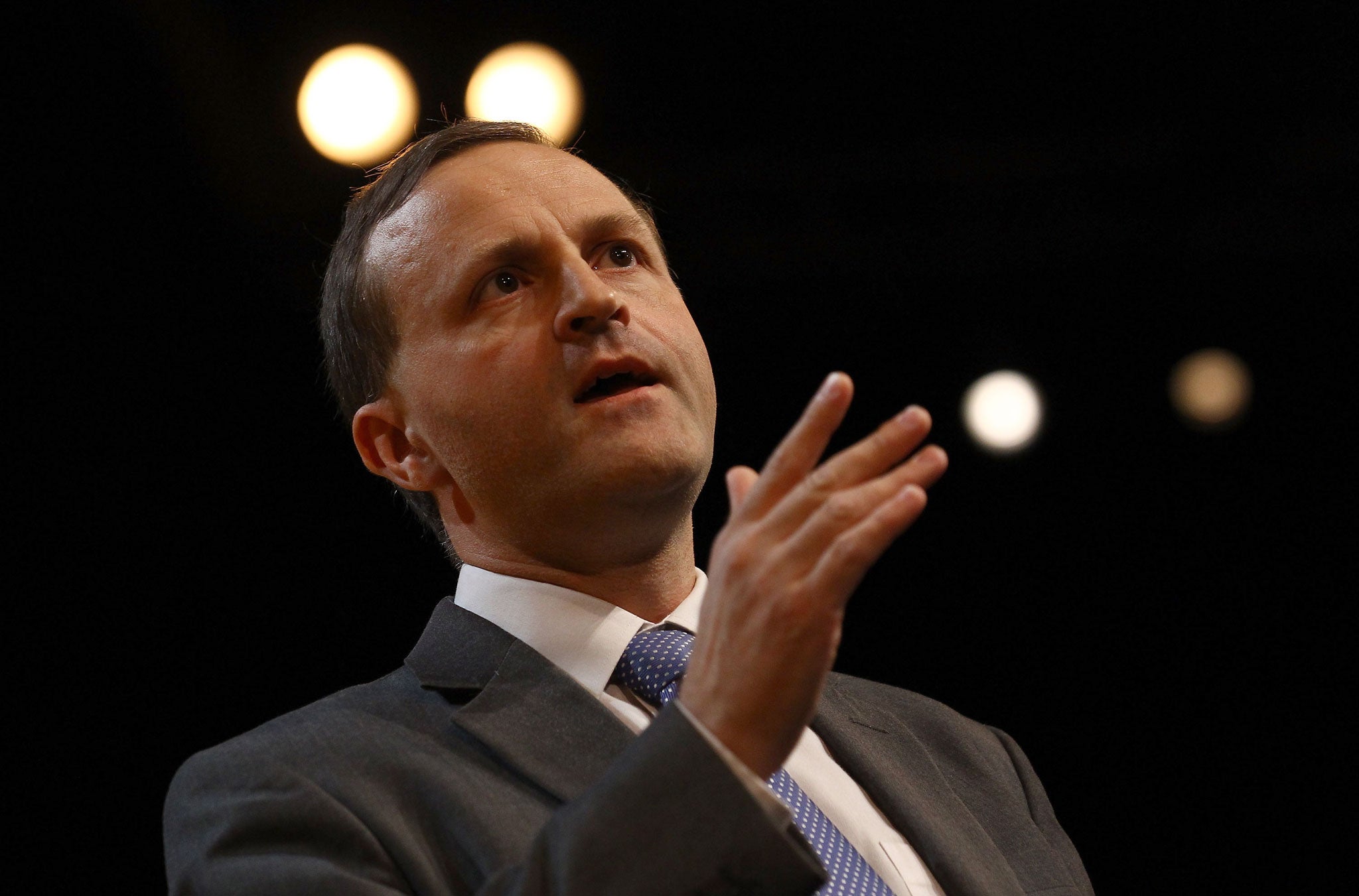Pensions could scrap widows' rights and index-links
New Government proposals that aim to boost final-salary schemes could hit their benefits, reports Simon Read

Your support helps us to tell the story
From reproductive rights to climate change to Big Tech, The Independent is on the ground when the story is developing. Whether it's investigating the financials of Elon Musk's pro-Trump PAC or producing our latest documentary, 'The A Word', which shines a light on the American women fighting for reproductive rights, we know how important it is to parse out the facts from the messaging.
At such a critical moment in US history, we need reporters on the ground. Your donation allows us to keep sending journalists to speak to both sides of the story.
The Independent is trusted by Americans across the entire political spectrum. And unlike many other quality news outlets, we choose not to lock Americans out of our reporting and analysis with paywalls. We believe quality journalism should be available to everyone, paid for by those who can afford it.
Your support makes all the difference.On Thursday Pensions Minister Steve Webb revealed his latest proposals to improve Britain's pension system. In short, he would like to hark back to when "pensions related to what people earn".
The problem is that traditional final salary schemes – known as defined benefit – are ultra-expensive for employers, leading to the majority being shut down. There are now just 1.7m people left in private-sector schemes, compared with 5m 20 years ago. Just 841 final salary schemes remain open.
"If we do nothing, defined benefit schemes will all be shut down," Mr Webb told The Independent before outlining a range of proposals that he intends to push through during the lifetime of the existing Parliament.
The proposals revolve around a new category of pensions that would be linked to salary to give employees some certainty about how much they will retire on. However, crucially they would be cheaper to run than traditional schemes for employers.
His hope is that what he termed "larger firms that take pensions seriously" will adopt the new schemes, rather than move all workers to the now much more popular defined contribution schemes, which are simply linked to how much you save into your pension rather than what you earn.
However, to make the new schemes simpler means scrapping widows' and widowers' rights to any pension payouts as well as getting rid of indexation, under which payouts rise in line with inflation.
That has led to huge protests. Laith Khalaf of Hargreaves Lansdown warned: "Workers could save diligently throughout their lifetime, only for the rug to be pulled from under them at the last minute.
"Flexible defined benefit schemes will be complicated and costly, and will create huge uncertainty for pension savers about what pension income they can expect."
Meanwhile, experts say firms won't be persuaded to sign up to the new schemes. "Employers have invested heavily in defined contribution in recent years and are unlikely to return to defined benefit unless they are compelled to do so," said John Walbaum of Hymans Robertson.
"Our proposals are designed to reinvigorate workplace pensions, providing people with more certainty about what they will get in retirement," Mr Webb said.
"I want people to have the best pensions possible, where risks are shared between employers and their workers."
Join our commenting forum
Join thought-provoking conversations, follow other Independent readers and see their replies
Comments